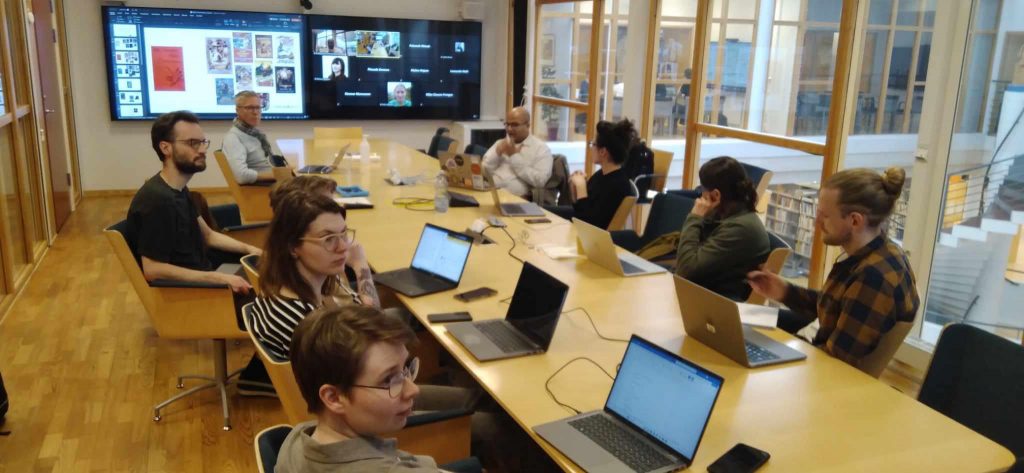Venice Charter Reframed
2024-05-28
Cornelius Holtorf presented a talk entitled “The Climate Heritage Paradox — considering regeneration” for ca. 30 international heritage experts at the conference Venice Charter [Re-] framed 1964-2024: New Heritage Challenges held at the Faculty of Arts and Humanities, University of Lisbon, in co-operation with ICOMOS Portugal, in Lisbon, Portugal (28 May 2024).
In my paper I argued for a shift in the approach to cultural heritage management. Moving beyond the Venice Charter’s focus on conservation as preservation of historical evidence, I advocate for a perspective of regeneration. This involves viewing cultural heritage not as static artifacts but as dynamic, ever-changing entities akin to ecosystems. By embracing change and transformation, cultural heritage can contribute to human and non-human well-being, resilience, and sustainability in the face of contemporary challenges like the climate crisis. (summary provided by Chat GPT)

In relation to the main theme of the conference addressing 60 years since the Venice Charter, it seems to me that what has changed since 1964 may be summarised like that:
The Venice Charter focuses a great deal on establishing fairly restrictive policy in the name of preserving ancient fabric as a living and authentic witness of the past. But today many experts are more interested in what cultural heritage does (or can do) for people and society, not the least in the light of challenges like those caused by climate change.
Do we need a revised policy maximizing the benefits of heritage for people?


[…] The new funding for this and a number of additional smaller projects, means that the Climate Heritage Network is…
[…] Chair on Heritage Futures « Culture, cultural heritage and COP26 […]
[…] mer på Unescoprofessurens blogg http://blogg.lnu.se/unesco/?p=1061 Besök Öland 2050! […]